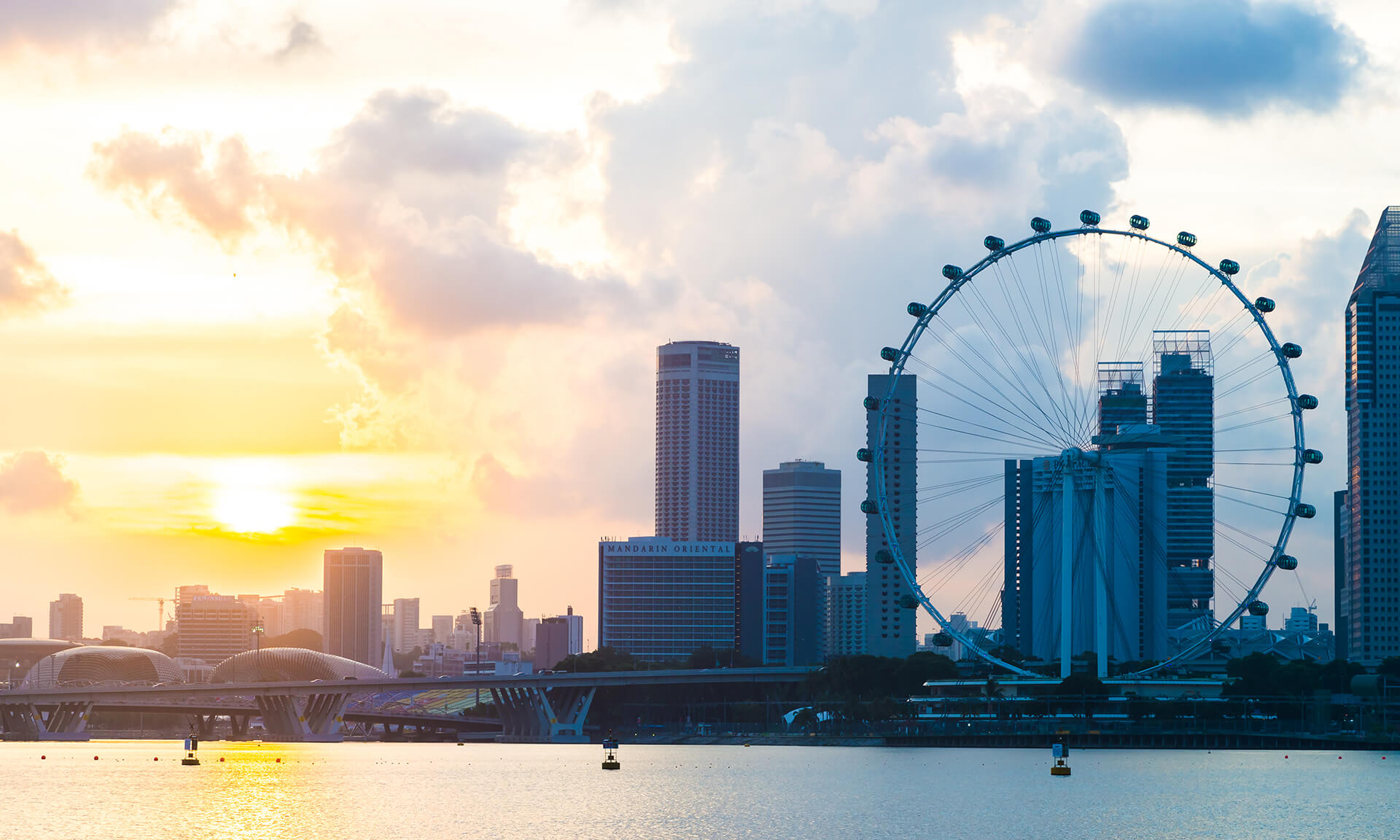- Remote Work: Expanding Horizons
- AI in Recruitment
- Unity in Diversity
- Hybrid Work Mastery Initiatives: Achieving Balance
- Shaping Tomorrow's Workforce Skills
- Leadership Development: Shaping Future Leaders
- Eco-Friendly HR Approaches: Guiding Sustainability
- Employee Well-being
- Digital Onboarding Insights
- HR and Blockchain: Ensuring Trustworthy Transactions
- Advanced Data Analytics
- Intelligent Workplace Technology: Enhancing Work Experience
- Future-Focused HR Analytics Insights
- Building an Employer Brand: Attracting and Retaining Premier Talent
- Versatile Work Arrangements: Powering Innovation
- Encouraging Belonging: Workplace Resource Groups
- Gaming for Growth: The Fun Path to Educational Success
- Mental Health Support
- Freelance Ecosystem Expedition: Navigating Integration
- Securing the Cyber Landscape: Advanced Training Strategies
- Virtual Learning Realities: Navigating the Future of Training
- Customized Rewards: Personalized Benefits Packages
- Conclusion: Mapping Your HR Path
2024 HR Trends in Singapore
Remote Work: Expanding Horizons
AI in Recruitment
Unity in Diversity
Hybrid Work Mastery Initiatives: Achieving Balance
Shaping Tomorrow's Workforce Skills
In 2024, Singapore’s dedication to lifelong learning becomes even more pronounced. Employers will actively endorse skill development, including payroll services, by offering chances for upskilling and reskilling and addressing skill gaps through career development opportunities. This guarantees that their workforce stays not only competitive but also ahead of the curve. Begin with advanced learning management systems, streamlining training and development to ensure an efficient and user-friendly process.
Leadership Development: Shaping Future Leaders
Eco-Friendly HR Approaches: Guiding Sustainability
Employee Well-being
Digital Onboarding Insights
HR and Blockchain: Ensuring Trustworthy Transactions
Advanced Data Analytics
Intelligent Workplace Technology: Enhancing Work Experience
Future-Focused HR Analytics Insights
Building an Employer Brand: Attracting and Retaining Premier Talent
Versatile Work Arrangements: Powering Innovation
Encouraging Belonging: Workplace Resource Groups
Gaming for Growth: The Fun Path to Educational Success
Mental Health Support
Freelance Ecosystem Expedition: Navigating Integration
Securing the Cyber Landscape: Advanced Training Strategies
Virtual Learning Realities: Navigating the Future of Training
Customized Rewards: Personalized Benefits Packages
Conclusion: Mapping Your HR Path
The 2024 HR trends in Singapore are more than just passing fads; they serve as keys to unlock a future filled with boundless opportunities. From the evolution of remote work to AI-driven recruitment and initiatives promoting diversity and inclusion, these trends embody a dynamic and inclusive vision for the workplace. To prosper in this constantly evolving landscape of industry trends affecting business performance, adopt these trends and navigate your way to success by enhancing positive employee experiences for a transformative impact on your business, including payroll services.
Thank you for being a part of this exciting journey into the future of HR digital transformation in Singapore. The adventure is only just beginning, and the most promising moments lie ahead for you as business leaders!
































 IMC Group
IMC Group